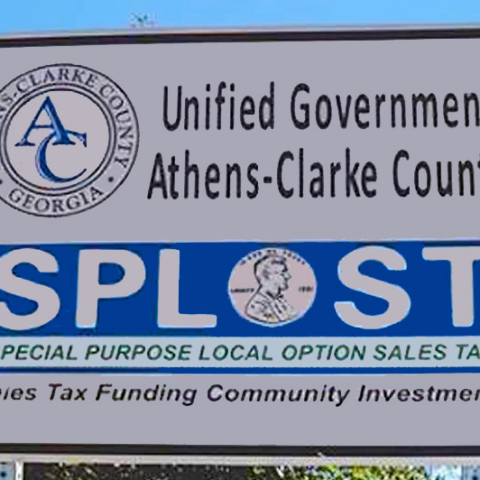
Ask the average person to name some of the most harmful addictive substances, and they will likely give a tally of illicit drugs: heroin, cocaine, marijuana, alcohol, and the like. Ask a nutritionist, however, and they will probably give a different response: sugar. Indeed there are some scientists trying to classify the delectable crystal with the likes of heroin or alcohol. But sugar is like drugs in another way too: It is a huge economic and health burden upon the United States.
Typically, countries deal with addictive substances that pose a burden upon society by either banning them or taxing them. Since no one wants Oreos banned from the store any time soon, the town of Berkeley, California is dealing with the problem of sugar via the latter method. The city voted to levy a penny-per-ounce tax on sugar-sweetened beverages.
But what is it that makes sugar so cumbersome and worthy of the Berkeley tax? In short it is that sugar, and specifically added sugar, is highly correlated with obesity. As the world rushes to confront challenges such as Ebola and cancer, the health crisis of obesity fails to be treated with the attention it demands, and it shows no signs of going away anytime soon. Although the media gives the topic a great deal of attention, obesity is largely ignored by national policymakers. Never mind that the National Institute of Health lists obesity as the second-largest cause of preventable death in the United States, causing an estimated 300,000 deaths per year.
People often see the problem of obesity as a personal issue, claiming that it is the responsibility of the individual to exercise and eat healthy. But when a community or country is trying to reduce frighteningly high obesity rates in large populations, deferring responsibility to individuals is ineffective. Carrot and stick approaches, in which costs are imposed on unhealthy behaviors and subsidies are granted for healthy ones, have been far more effective. The former is the basis of Berkeley’s new law. By raising the cost of purchasing sugar-sweetened beverages (the only food product with an established causal relationship with obesity), people will consume less of them.
Few dispute the idea that taxing cigarettes or alcohol is good for society. After all, they are both products that pose substantial health risks, have almost no nutritional value, and establish substantial economic and health burdens upon society. Given added sugar’s addictiveness, its correlation with obesity, and its massive economic weight, there is no logical reason that added sugar should not also be treated like alcohol and tobacco. Far more people die annually from obesity than from alcohol-related illnesses.
Berkeley’s decision to tax sugar-sweetened beverages is not only a smart health policy; it also protects individual freedom and encourages responsibility. Under current policy, those practicing healthy behavior by not consuming large amounts of added sugar are actually paying for those who do consume such products through higher premiums on their health plans and higher taxes for Medicare and Medicaid. Imposing a tax on sugar-sweetened beverages says to an individual, “while you have the freedom to consume this beverage, doing so imposes a cost to society, and you should bear some of those costs.
Taxing sugar-sweetened beverages is a notable first step toward a healthier and more productive society, but policies must be devised to more accurately attack the issue at hand. Berkeley’s policy aims to tax all sugar-sweetened beverages by one cent per ounce without regard to the amount of added-sugar the beverage contains. Foods should instead be taxed according to the content of their added sugar. Foods higher in added sugar should be subject to higher taxes, and taxes should be expanded beyond soft drinks to include other products high in added sugar.
Sugar is not the only cause of obesity. Lack of exercise and excessive consumption of sodium or fat also factor in. However, the existence of multiple ills does not negate the importance of one of them, and added sugar certainly seems to be one of the most pressing, and certainly most manageable issues. In time, other price mechanisms may be put in place to encourage exercise and healthy eating, but a tax on added sugar is an elegantly simple way to start the trend.
Some argue that taxing added sugar is likely to disproportionately affect low-income individuals; however, there are already solutions to address this issue. One program being developed by Congress would provide individuals who use food stamps twice their initial value when they buy fresh produce. The Department of Agriculture’s Nutrition Assistance Program also helps low-income people manage their food budgets to get the healthiest options.
In a country where half of the population is predicted to have diabetes by 2020, policies such as the Berkeley tax are necessary to slow the trend of America’s rapidly deteriorating health. In a world of constant advertising and cheap sugar, the old mantra of “just eat healthy and exercise” provides little solace for policymakers dealing with increasingly unaffordable health care costs. Perhaps it is time that we start paying for our fatty excesses.


